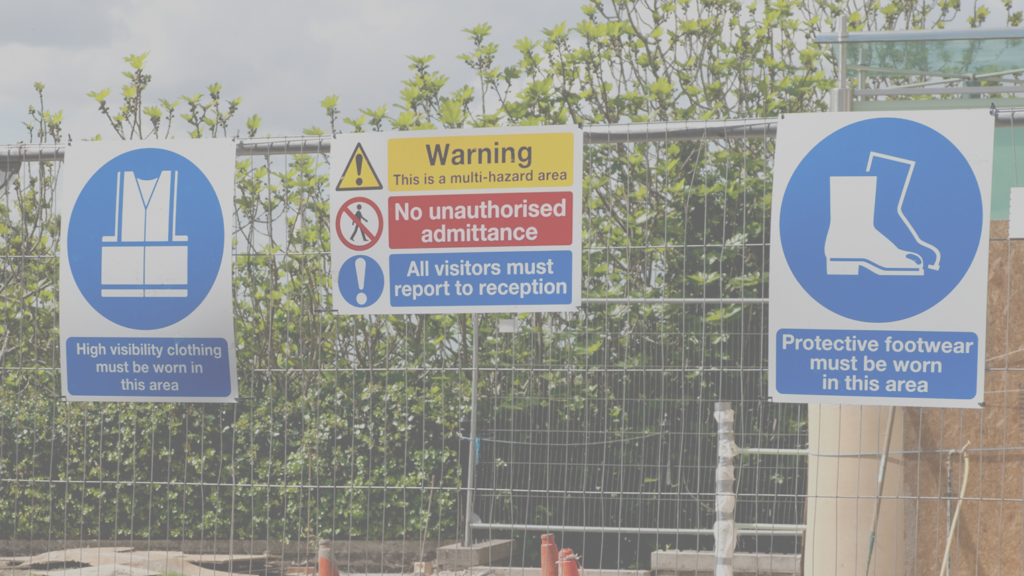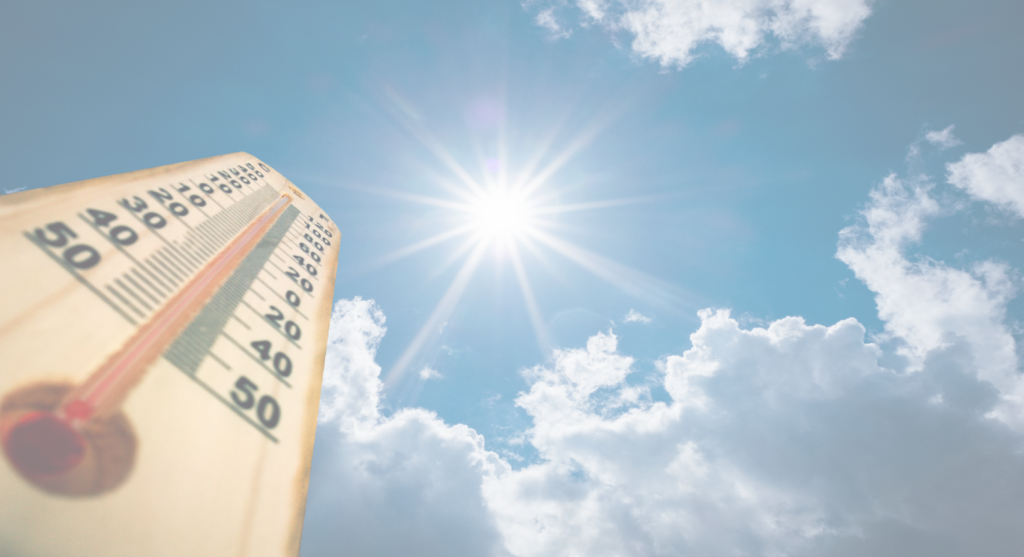There is no specific OSHA standard covering COVID-19. However, some OSHA requirements may apply to preventing occupational exposure to COVID-19. Among the most relevant are:
• OSHA’s Personal Protective Equipment (PPE) standards (in general industry, 29 CFR 1910 Subpart I), which require using gloves, eye and face protection, and respiratory protection.
o When respirators are necessary to protect workers, employers must implement a comprehensive respiratory protection program in accordance with the Respiratory Protection standard (29 CFR 1910.134).
o OSHA has issued temporary guidance related to enforcement of respirator annual fit-testing requirements for healthcare.
• The General Duty Clause, Section 5(a)(1) of the Occupational Safety and Health (OSH) Act of 1970, 29 USC 654(a)(1), which requires employers to furnish to each worker “employment and a place of employment, which are free from recognized hazards that are causing or are likely to cause death or serious physical harm.”
OSHA’s Bloodborne Pathogens standard (29 CFR 1910.1030) applies to occupational exposure to human blood and other potentially infectious materials that typically do not include respiratory secretions that may transmit COVID-19. However, the provisions of the standard offer a framework that may help control some sources of the virus, including exposures to body fluids (e.g., respiratory secretions) not covered by the standard.
QUESTIONS
Is an employee confirmed with COVID-19 recordable on the OSHA 300 Log?
Work-related injuries or illness are recordable under certain circumstances. You are required to maintain work-related injury and illness records, if an employer has a confirmed COVID-19 case of an employee where the work environment was likely the cause or contributing factor of the illness then the COVID-19 case might be recordable if the one of the following occur:
• Medical treatment (beyond first aid) is provided, such as prescription medication is issued
• Restricted duty is imposed by the treating physician or the employer
• Days away from work (lost time) is imposed by the treating physician (employee is kept from work and cannot work at home due to the virus)
• Given what we know about the virus currently, it is more likely that medical treatment or days away (lost time) will occur with COVID-19.
*Here is what OSHA has specifically said on the recording of a confirmed COVID-19 case:
COVID-19 can be a recordable illness if a worker is infected as a result of performing their work-related duties. However, employers are only responsible for recording cases of COVID-19 if all the following are met:
• The case is a confirmed case of COVID-19 (see CDC information on persons under investigation and presumptive positive and laboratory confirmed cases of COVID-19).
• The case is work-related, as defined by 29 CFR 1904.5; and
• The case involves one or more of the general recording criteria set forth in 29 CFR 1904.7 (e.g. medical treatment beyond first-aid, days away from work).
If the case is recordable, can it be considered a privacy case and kept on a separate log?
So technically no, a privacy case is defined very specifically in the regulations and a COVID-19 case does not meet that definition, however, if it is recorded on a separate log there is likely no harm here and there are strong reasons to argue these should be considered privacy cases and employee names not be placed on the log.
However, absent specific guidance from OSHA on this, the case does not meet the definition of a privacy case under OSHA’s requirements and employers who treat such cases as privacy cases should be aware of potential liability. The exception would be if any employee voluntarily requests that his or her name not be entered on the OSHA 300 Log.
Does workers compensation related to COVID-19 have any impact on recording a case?
Whether a worker’s compensation claim is filed or not has no bearing and whether the claim is paid or denied has no bearing on whether a COVID-19 case is recordable either.
Is an employee confirmed with COVD-19 reportable to OSHA?
The only way a COVID-19 case would be reportable to OSHA would be if the employee passes away or is hospitalized as an in-patient (outpatient hospitalizations are not reportable to OSHA) as a result of COVID-19 contracted from performing work-related duties. The normal criteria for reporting said injuries applies even to COVID-19 cases. Employers must report any worker fatality within 8 hours and any amputation, loss of an eye, or hospitalization of a worker within 24 hours. It should be noted that even employers who are exempt from recordkeeping must report a severe injury if it meets this criterion.
RECORDING WORKPLACE EXPOSURES TO COVID-19
OSHA recordkeeping requirements at 29 CFR Part 1904 mandate covered employers record certain work-related injuries and illnesses on their OSHA 300 log. COVID-19 can be a recordable illness if a worker is infected as a result of performing their work related duties. However, employers are only responsible for recording cases of COVID-19 if all the following are met:
1. The case is a confirmed case of COVID-19 (see CDC information on persons under investigation and presumptive positive and laboratory-confirmed cases of COVID-19);
2. The case is work-related, as defined by 29 CFR 1904.5;
3. The case involves one or more of the general recording criteria set forth in 29 CFR 1904.7 (e.g. medical treatment beyond first-aid, days away from work)
To Download a PDF version of this information, please click here.
Information source: Traiden Global Solutions

















